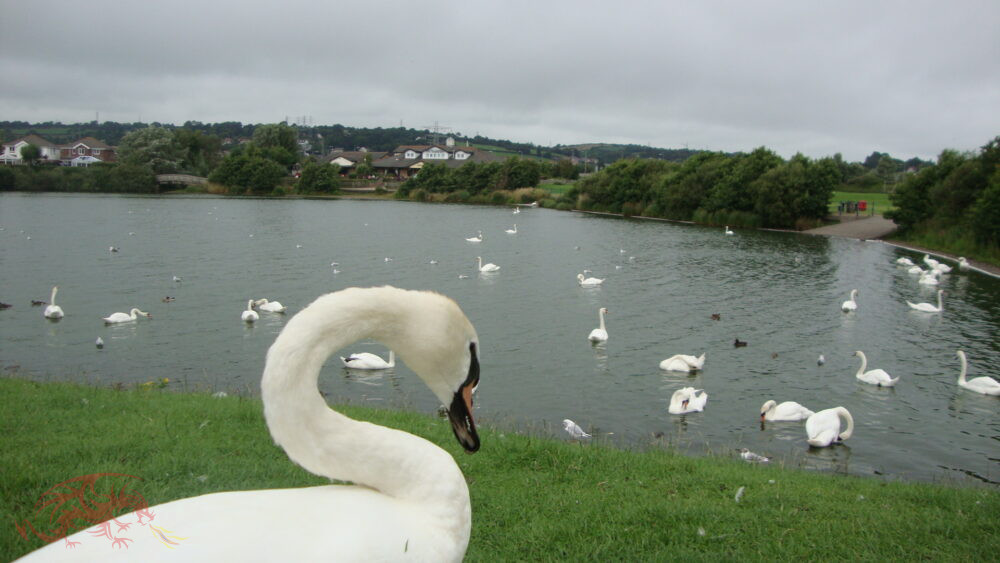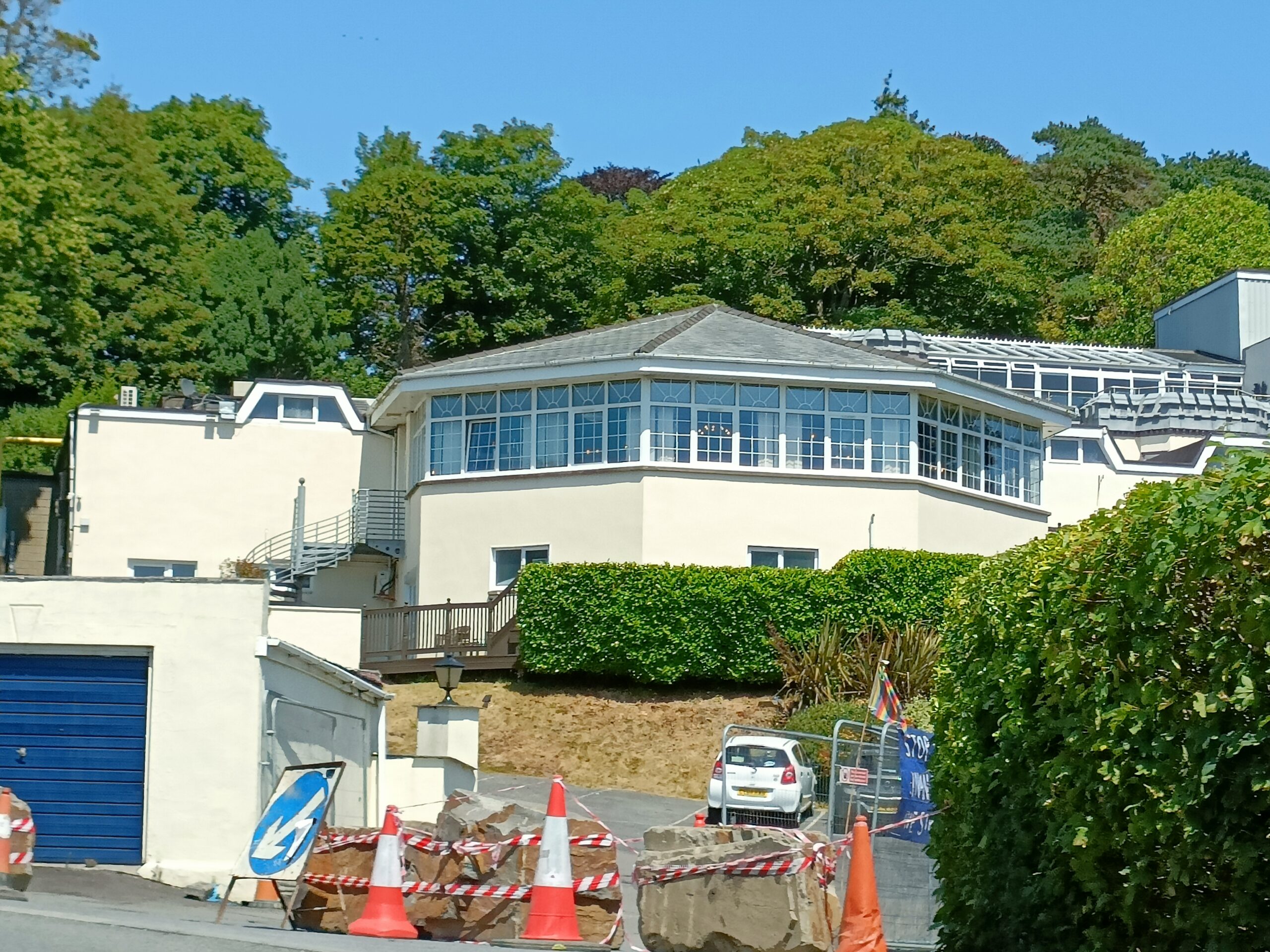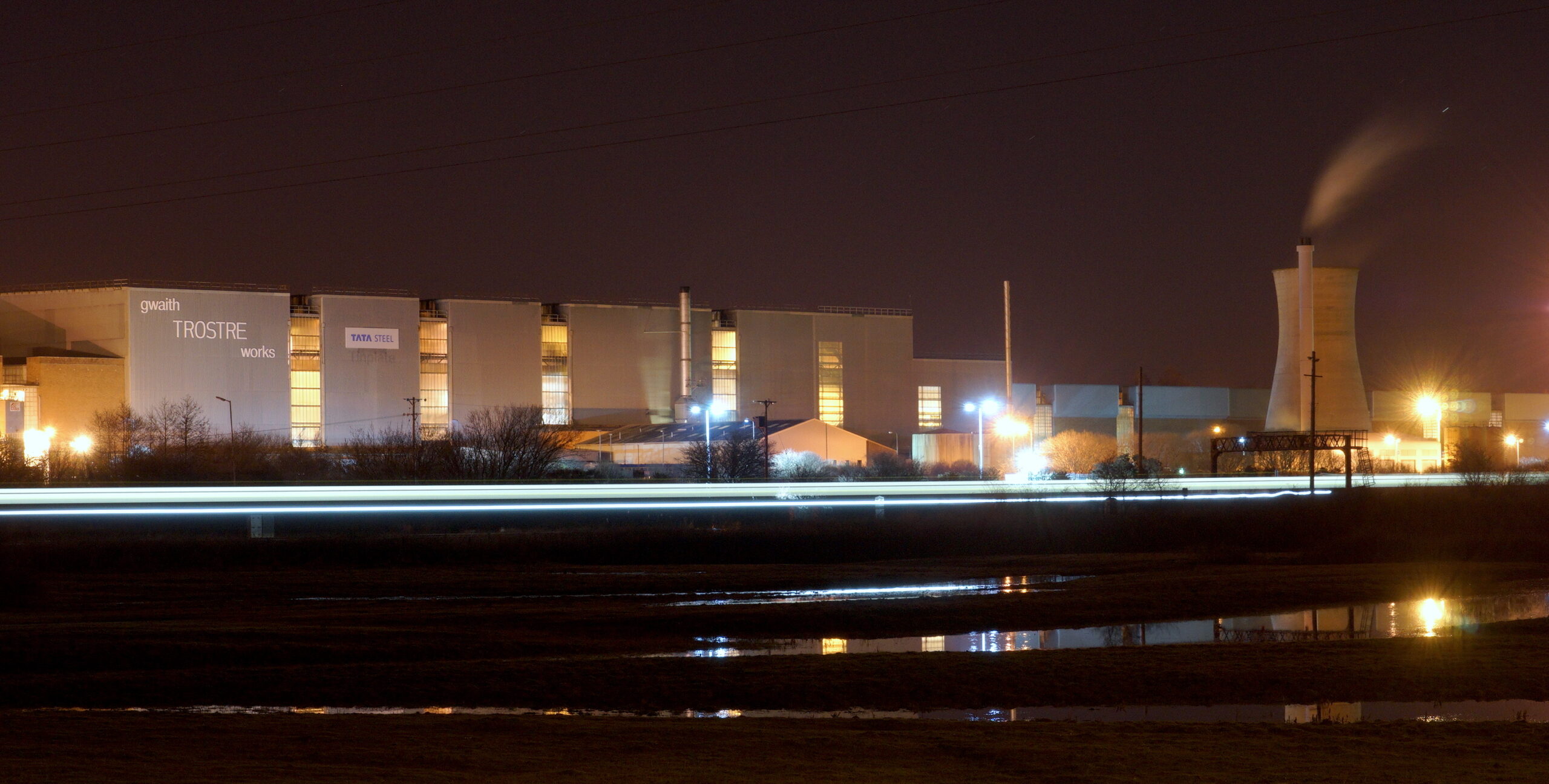AN invasive fish needs to be eradicated from five lakes and ponds in or near Llanelli and a toxic substance is one of the methods being considered, Wales’s environment regulator said.
Natural Resources Wales (NRW) said Sandy Water Park is one the five sites with the fish – topmouth gudgeon – but it declined to name the others. NRW said the use of a compound called rotenone was being considered, along with other treatment options.
Paul Hopkin, a naturalist who lives close to Sandy Water Park, has urged NRW not to use rotenone because of the knock-on impact he claimed it would have on fish-feeding birds and invertebrates. “The birds will leave if there’s nothing for them to eat,” he said.
Topmouth gudgeon are small freshwater fish from Asia which have spread into Europe. NRW said they reproduced rapidly, ate the eggs and larvae of other fish, survived in low-oxygen water conditions, carried the threat of new diseases or parasites – and were considered a high-risk invasive species.
Preparations were carried out at Sandy Water Park last January ahead of a planned rotenone treatment, but concerns about water leaking out of the lake led to a halt. Mr Hopkin, of Sandpiper Road, recalled the level of the lake being lowered with the use of pumps and pipes, and that carp living in the lake were stunned and relocated elsewhere.
In his view, stocking the lake with predatory fish such as pike and perch would control topmouth gudgeon at a fraction of the cost. He said: “It would leave nature to do what it does best.”
NRW said last winter that it had examined all other methods to eradicate topmouth gudgeon from Sandy Park Water but that they would only manage rather than eliminate the invasive fish.
Asked about its current thinking for the lake, NRW said: “We are still planning the eradication of topmouth gudgeon at Sandy Water Park lake, and we are exploring all available methods.
“The application of rotenone is being considered, however, we have to ensure there are assurances around containment within the lake to ensure a safe application of rotenone before any attempt can be made.”
It confirmed that five lakes and ponds were currently being considered for treatment, but when asked to name the other four, it said: “Because of the sensitive nature of the project, we’d prefer not to name the identified lakes at this time. Things could change in how the Welsh Government wish us to pursue these, so we would only want to release names when absolutely necessary. All possible treatment methods are being considered.”
Rotenone was applied in 2012 to some lakes in the area, but not Sandy Water Park, and NRW said the evidence was that native fish populations had recovered.
NRW said extensive studies indicated that rotenone was not harmful to humans, and that although it affected insects, amphibians and crustaceans, the levels at which it was used to eradicate topmouth gudgeon meant they would recover rapidly.
Sandy Water Park Lake was formerly the site of a steelworks, which closed for good in 1981.
Please donate here: Support Carmarthenshire News Online Thank you for supporting independent journalism and contributing to the future of local news in Carmarthenshire. Carmarthenshire News Online has been dedicated to providing unbiased and trustworthy news, free from commercial or political influence. By donating as little as £1, you can help ensure the continuation of this important source of information for the community. Your contribution will have a significant impact on the sustainability of independent journalism. If you're looking to enhance your brand's visibility, we also offer advertising opportunities on our Livestream and podcasts. Our special offers provide excellent value for reaching our engaged audience. To learn more about these opportunities and to discuss your advertising needs, please feel free to call or text us at 07308598604. Thank you again for your support, and together we can ensure the availability of quality local news for Carmarthenshire and beyond.
Please donate here: Support Carmarthenshire News Online






